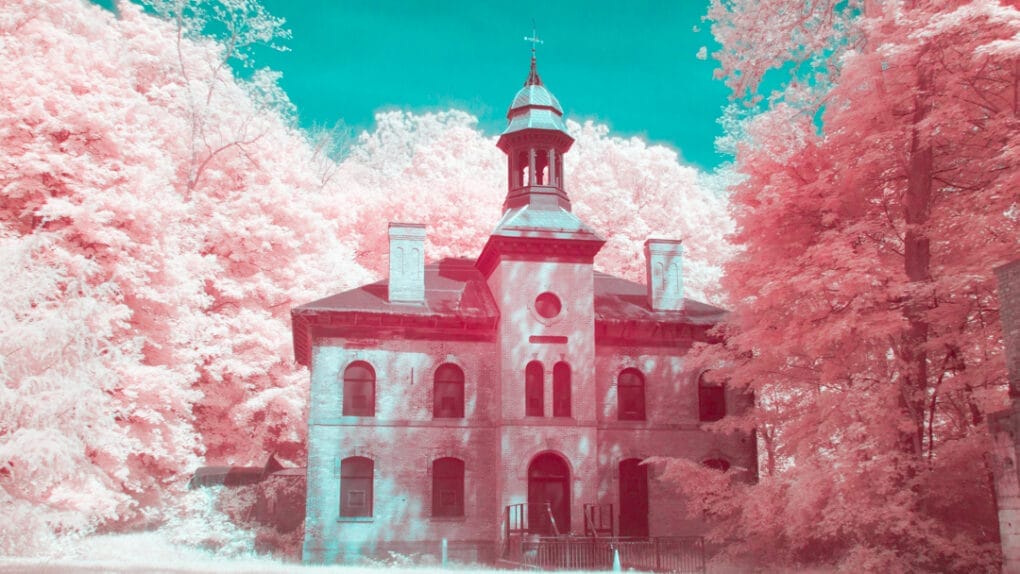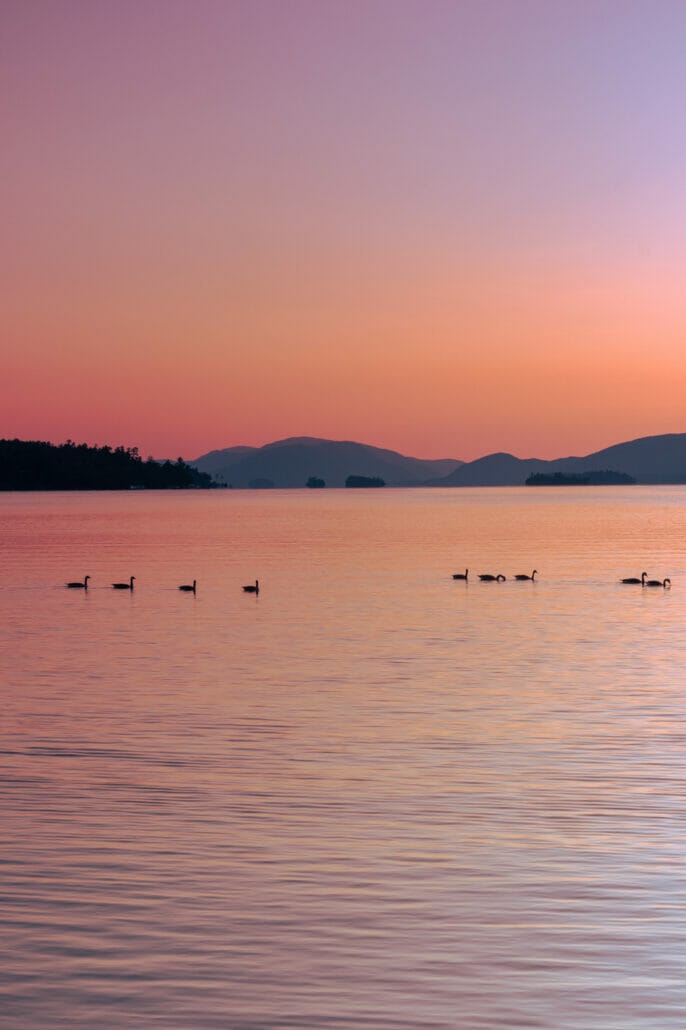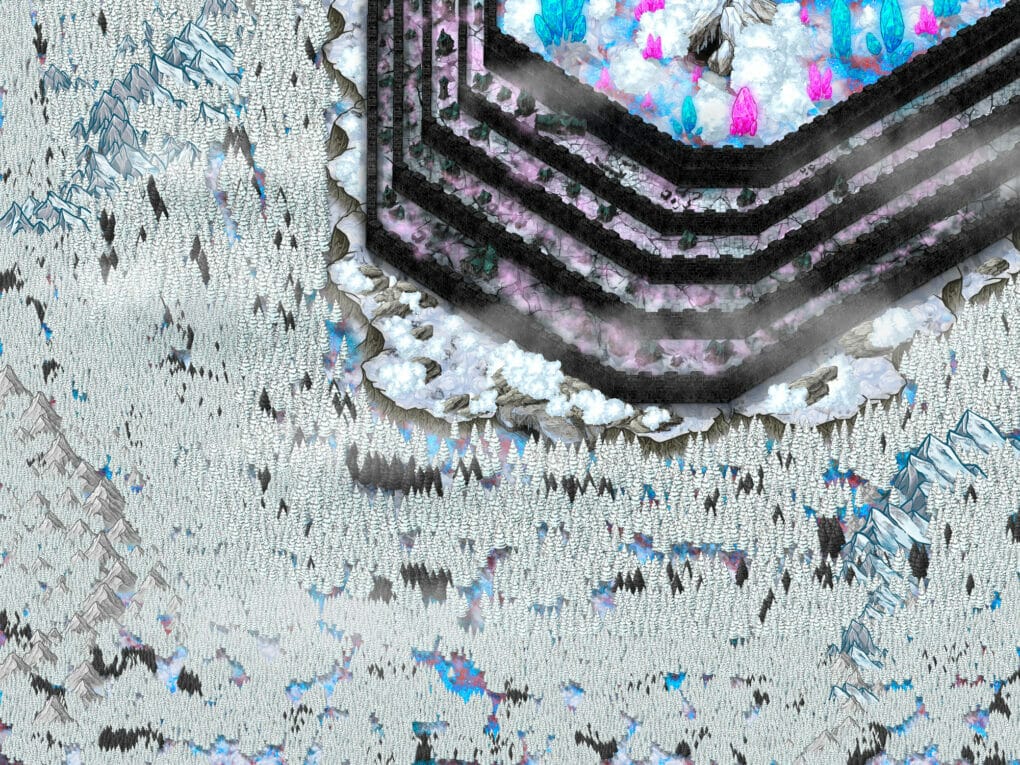

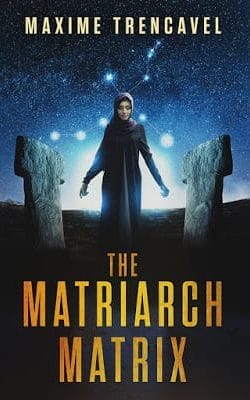
Genre: Science Fiction, Adventure
It was always his destiny to save her. It was always her destiny to die. The fate of the world hangs on their choices…
The past foretells her future…
What does it take to change a loving child of peace into an assassin for a dangerous and powerful oligarch? Zara Khatum knows. Once a fighter for her Kurdish people, the memory of the atrocities inflicted by her captors has Zara seeking one thing: vengeance. But the voices of the ancients call to Zara. In the past, in another life, she knew the secrets of the artifact…
She is Nanshe, revered matriarch of the family she led away from the monsters of the north. In the land that would one day mark the treacherous border between Turkey and Syria, she created the temples at Gobleki Tepe and founded a dynasty, heirs to a powerful object. For millennia, Nanshe’s descendants have passed down the legend of the artifact: “The object can save. But only a man and woman together can guide the salvation of others.”
Heirs to destiny…
The Matriarch Matrix is a rich and deeply layered epic story – a spiritual odyssey with a heartbeat of an action adventure. It may make you think, ponder, reflect upon where we came from and where we are going. It blends our past with a speculative future of things that are not so far-fetched. It blends the drama, the comedy, the romance, the tragedy of three protagonists with different cultures, traditions, and beliefs – a Sufi woman, a Jesuit priest, and an alien origin believing atheist. Their journeys separately and together will be a test of their respective faiths and their inner search for personal and family redemption.

“He didn’t die in vain, Zara.”
Two dark-haired women stand high, overlooking a green valley, beyond which there is another mountain, and another behind that. These are the northernmost peaks of the Zagros Fold, a 1500-kilometer creation of the Arabic tectonic plate smashing into the Eurasian plate twenty million years ago. They form a crown around the lands known today as the Fertile Crescent, extending from southern Turkey through northern Iraq, along the border with Iran and down to the Red Sea.
But for these two women, the only importance of these mountains is the safe haven they have provided for the people known as Kurds, who have found shelter and safety in these alpines for thousands upon thousands of years. Who until two years ago were the largest ethnic group in the world without a country.
The taller of the two women wears a grey outer gown over a full-length purple dress, black belt, sandals, and headscarf, the latter decorated with colorful embroidered flowers and carefully wrapped around her oval face, tucking away her shoulder-length dark brown hair. On her wrist is a simple wind-up watch.
Her almond-shaped dark eyes are fixed on the horizon, where she still sees the village.
“Didn’t he? Die in vain?” replies Zara. “I told my little boy brother not to join the PKK. We needed him at home. He was the last man left in my family. And now, there is only me, my mother, my grandmother, and thank Xwedê, still my great-grandmother.”
Putting her hand around Zara to comfort her is Peri, who in contrast wears a formfitting red cotton top covered by a loose beige sweater, black cotton capri pants, and tan sandals with sequins matching the ones on her sweater. Her shoulder-length dark brown hair is pulled into a ponytail, with two stylish twists on each side of her face. And on her wrist, at the adamant request of her friend, nothing. No MoxWorld devices at all.
“He died while trying to get the women and children of that village, the one you imagine seeing on the horizon, up into the mountains as government troops searched for the PKK,” Peri states calmly. “He died a hero.”
“And what good are heroes?” Zara laments. “Especially when they are dead.”
Zara walks along the mountainside through the lush green vegetation of spring. Patches of red, purple, blue, and yellow flowers litter the landscape. She bends over to pick a number of red ones.
“My mother lined his room with poppies of this color after his death. The color of the blood shed by the men of our family.”

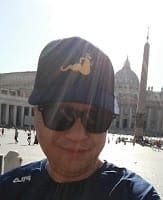
Maxime has been scribbling stories since grade school from adventure epics to morality plays. Blessed with living in multicultural pluralistic settings and having earned degrees in science and marketing, Maxime has worked in business and sports, traveling to countries across five continents and learning about cultures, traditions, and the importance of tolerance and understanding. Maxime’s debut novel was written and edited in different locations in Belgium, including the Turkish and Kurdish neighborhoods of Brussels, in South America, and on the two coasts of the United States.


